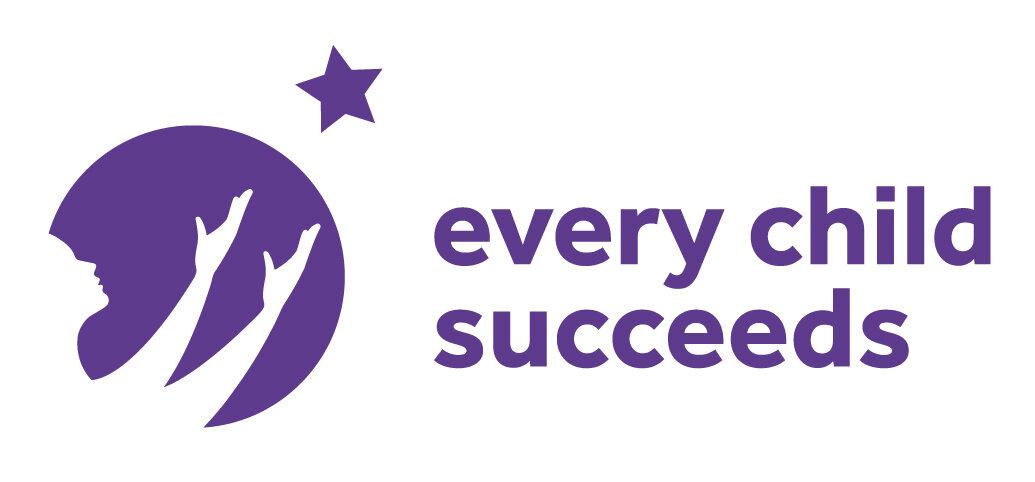The Pregnancy and Infant Development (PRIDE) Study started in 2015 and is a longitudinal study that is trying to understand the effect that maternal stress during pregnancy has on children throughout the early years of life. The study looks at whether DNA methylation of stress response genes may serve as a biomarker of stress dysregulation resulting from prenatal distress exposure in utero, therefore providing an objective indicator of individuals at risk for developmental delays. Finally, the study is trying to determine the effectiveness of a neurobehavioral assessment tool for improving both maternal and offspring outcomes.
Publications:
Bowers, K., Ding, L., Gregory, S., Yolton, K., Ji, H., Meyer, J., Ammerman, R.T., Van Ginkel, J., Folger, A., 2018. Maternal distress and hair cortisol in pregnancy among women with elevated adverse childhood experiences. Psychoneuroendocrinology 95, 145–148. https://doi.org/10.1016/j.jad.2019.04.079
Folger, A; Ding, L; Ji, H; Yolton, K; Ammerman, R; Van Ginkel, J; Bowers, K: Neonatal NR3C1 Methylation and Social-Emotional Development at 6 and 18 Months of Age. Frontiers in Behavioral Neuroscience 2019:13 (published online, https://doi.org/10.1016/j.psyneuen.2018.05.024)
Principal Investigators: Katherine Bowers, PhD, Alonzo (Ted) Folger, PhD
Staff: Beth Heeter
PRIDE Study Contact Information:
Funding Sources: National Institute of Minority Health and Health Disparities (NIMHD)
NIMHD 1R01MD013006-01A1
Folger and Bowers (MPI)
07/26/19 – 02/29/24
Linking pre- and post-natal psychosocial determinants, DNA methylation and early developmental health disparities
NIMHD R56MD013006-01
Folger and Bowers (MPI)
09/25/18 – 09/24/19
Linking pre- and post-natal psychosocial determinants, DNA methylation and early developmental health disparities






